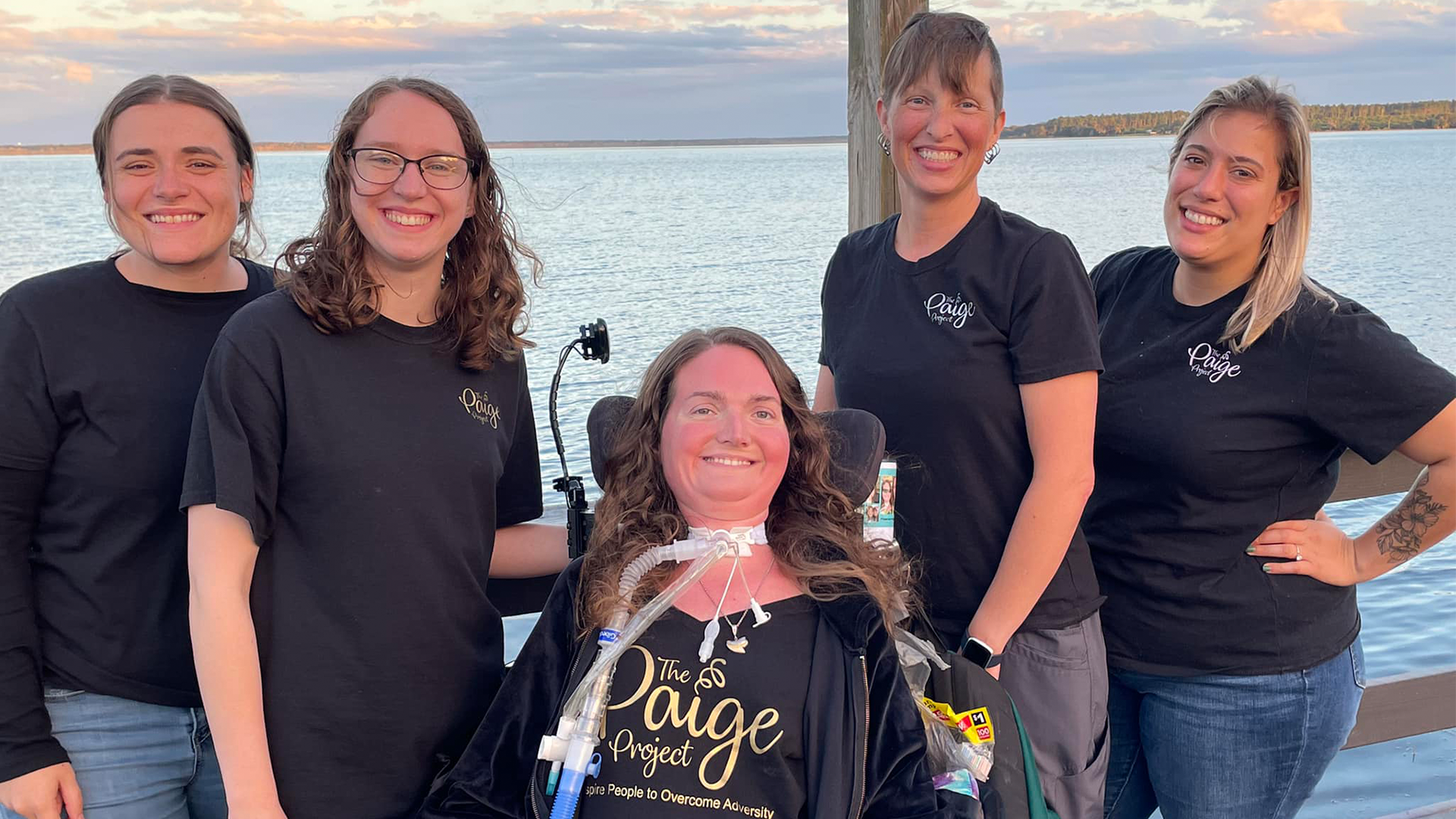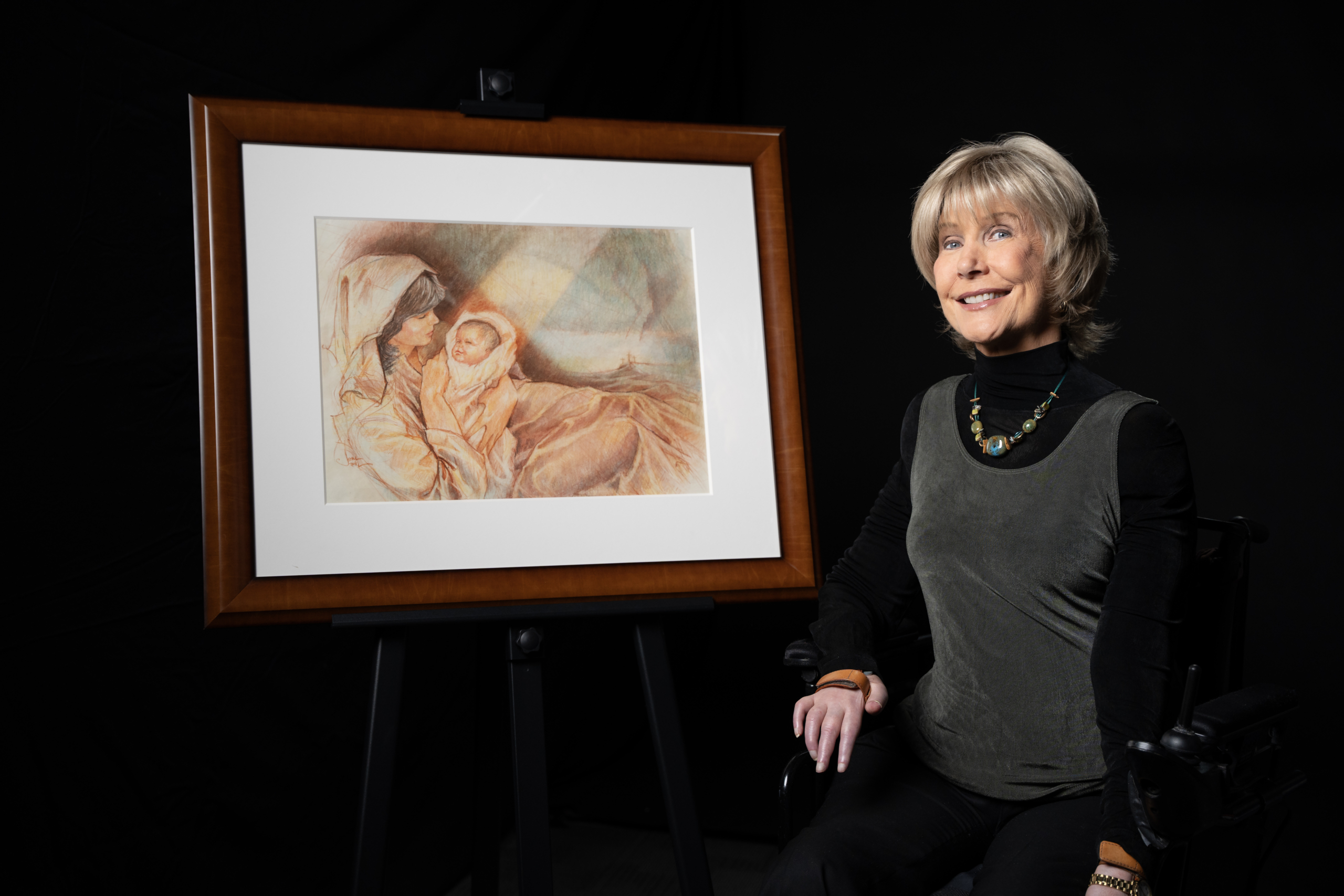Imparting Hope Not Harm

Suicide appears to be running rampant these days, and so does doctor-assisted suicide… at least in Belgium. Earlier this year, doctors in Belgium drafted guidelines which will extend physician-assisted suicide to not only people with terminal illnesses, but those with mental disorders. Did you catch that? Not a terminal illness, but a psychiatric illness! Under these new guidelines, basically, doctors are empowered to determine whether a person’s hopelessness is enough to warrant an assisted suicide. A person doesn’t even need a diagnosed medical or psychiatric condition. He simply has to be despairing of life, or feel as though life’s not worth living – a doctor can then take steps to verify that, and then legally fulfill the person’s death wish. Does this make doctors the final authority on whether a person’s situation is hopeless or not?!
I once felt as though life wasn’t worth living. I looked down at my useless legs and limp hands, and I wanted to give up. Without thinking of their feelings, I begged my girlfriends to help me ‘do myself in’ with their father’s razors or mother’s sleeping pills. Thankfully, they stepped away from those demands. But they didn’t abandon their hopeless friend. They prayed for me, instead. Plus, they chose to journey alongside and help pull me out of my deep depression. They didn’t treat me like a “hopeless case;” these Christian friends imparted hope through their up-close and personal care for me, whether taking me on picnics, to church youth group, reading books to me, or urging me to check out the sales at the mall – they kept me connected to reality, to life.
I am forever grateful that the doctors who attended me after my accident still held to the Hippocratic Oath of “do no harm.” Even though medically they could not give me back the use of my hands or legs, and mentally I suffered from severe depression, my doctors did everything they could to preserve my life – they even heartily applauded my Christian friends when they saw the difference their love made in my life. “Keep it up,” they would smile and nudge them. They knew the answer to my hopelessness was through heartfelt relationships. Oh, friends, we serve the God of all Hope (Romans 15:13). Let’s roll up our sleeves and share Christ’s hope with despairing people we know; we dare not agree that a solution to their problems is physician-assisted suicide. Let’s come alongside people struggling against depression, and help them discover that life is worth living.
One more thing. Continue to pray that horrifically “progressive” views on extending doctor-assisted suicide to despairing disabled people never spreads from Belgium to our shores!
For more on this heart breaking topic, read Abandoning hope: Euthanasia for mental disorders by the Euthanasia Prevention Coalition.
–Joni Eareckson Tada


When is it Right to Die?
Whether you have a dying family member or struggle with a chronic condition, this revised edition of When Is It Right to Die? provides the encouragement you need to make the difficult decisions with the hope of a caring God.





